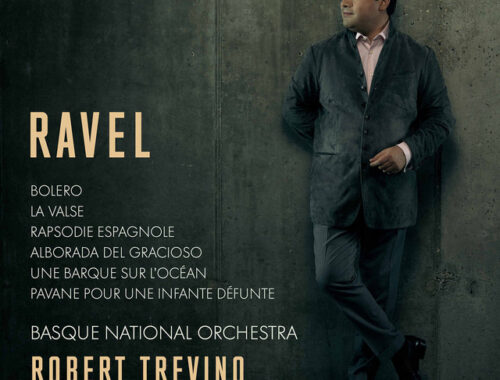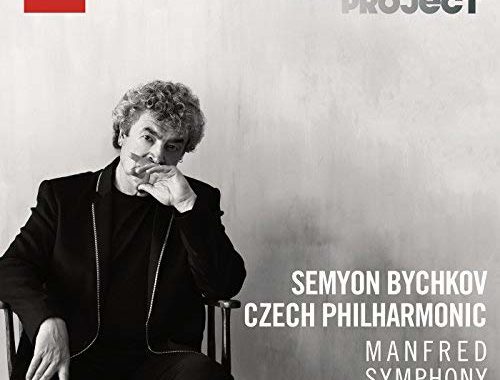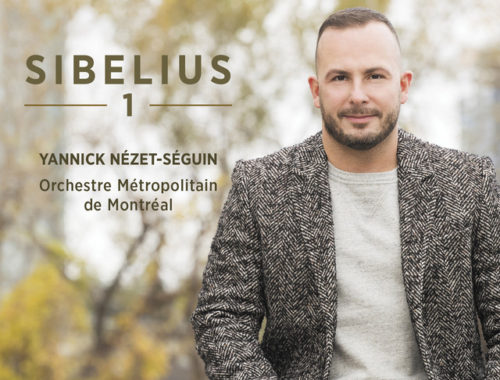WEDNESDAY 11TH AUGUST 2010 TCHAIKOVSKY “EUGENE ONEGIN”
Bolshoi Opera/ Royal Opera House
Dmitri Tcherniakov’s revelatory staging of Tchaikovsky’s Eugene Onegin unfolds in rich Chekovian detail and with such an acute behavioural eye that at times one feels more of a participant than an observer. Gone are the old picturesque elements, the jolly farm workers, the formal dance routines. Pushkin’s people are now real people, united by heritage, divided by class. The rural middle classes are warm but provincial – they laugh a lot; the St. Petersburg super-rich are cold, aloof. They all make compromises.
As director and set designer Tcherniakov focuses all the action on two capacious and very different rooms. Two rooms, two social classes, where status is defined by the size of the chandeliers and the presence – or not – of carpeting. Mother Russia’s favourite social pastime – eating and drinking – is at the centre of the action with two enormous dining tables as the visual focus.
The two dreamers – Tatyana and Lensky – connect in ways that no production of this opera has ever shown me before. At Lensky’s humiliation, Tatyana alone reaches out to him. She knows what it is to be surrounded by people and yet still isolated. In act one Tcherniakov has her on stage – silent and “unseen” – even when she is not. And, of course, the great “Letter Scene” is truly a soul-baring confessional addressed directly to the imaginary Onegin, beginning in total darkness and climaxing with Tatyana reaching towards the intensifying light of the chandelier as an icy wind blows in the windows. This is not just youthful infatuation, this is a cosmic moment for her.
The entire production is thus a thrilling mix of naturalistic detail and startling stylisations and so what if Tcherniakov occasionally takes liberties like having Lensky sing Monsieur Triquet’s song as a parody of French etiquette or turning the Lensky/ Onegin duel into a tragic accident. Alexei Dolgov sings Lensky’s aria of lost youth and love quite wonderfully and here too the emotion is heightened by the presence of an eavesdropping dowager visibly moved by the young man’s poetry.
The singing was all pretty special but better yet “authentic” with Tatyana Monogarova a richly projected Tatyana, Mariusz Kwiecien a sonorously assured Onegin, and the great Anatoly Kotscherga a heartfelt and worldly Gremin. What the Bolshoi Orchestra under Dmitri Jurowski lacked in finesse it made up for in colour and intensity. But it was Tcherniakov’s rethinking of the opera that blew me away. It is the finest piece of operatic stagecraft I have seen in years. Roll on his Simon Boccanegra at ENO.
You May Also Like

GRAMOPHONE Review: Ravel Orchestral Works – Basque National Orchestra/Trevino
27/07/2021
GRAMOPHONE Review: Tchaikovsky Manfred Symphony – Czech Philharmonic Orchestra/Semyon Bychkov
15/09/2017